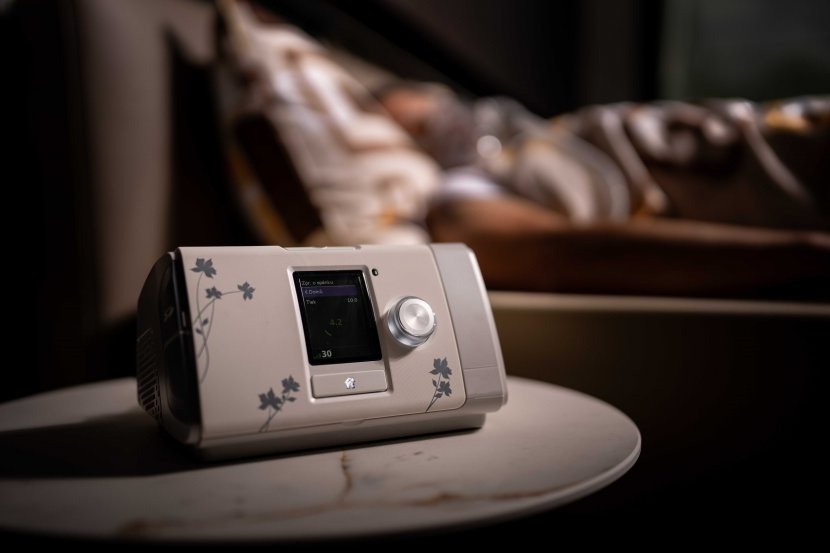Doctor, what happens in our bodies during sleep?
During sleep, many important processes take place in the body that are crucial for physical and mental health. For example, tissues regenerate, the immune system strengthens, the body removes toxins from the brain, blood pressure and blood sugar levels drop, heart rate slows down and other important processes take place. Sleep consists of several stages, each of which plays a specific role in the regeneration of the body and brain.
How long should sleep last and why is it important to sleep long enough?
Adults should sleep approximately 7-9 hours a day, while children and adolescents need even more. More important than the length of sleep itself, however, is the quality of sleep. Deep and uninterrupted sleep is the key to regenerating the body and mind. If the body does not go through all the stages of sleep, full regeneration will not take place and problems such as fatigue, lack of concentration, memory disorders and depression can occur. Prolonged poor quality sleep can also lead to the development of cardiovascular disease and diabetes.
What are the effects of sleep deprivation on our bodies?
Long-term sleep deprivation can lead to serious health problems such as a weakened immune system, a higher risk of heart disease, obesity and psychological problems. Sleep is also closely linked to memory, learning and problem-solving skills. Healthy sleep is not a luxury, but a necessity. By taking care of our sleep patterns, we are investing in our health, productivity and overall well-being. Take care of your sleep habits and your body and mind will thank you!
What does the Beroun Hospital Sleep Centre offer to patients?
We treat sleep disorders. Primarily we focus on breathing difficulties, so-called sleep apnoea. The main symptoms are snoring, gasping for breath, but also excessive daytime sleepiness, morning headaches, dry mouth, fatigue, lack of concentration and even depression. The condition is more common in men, in people who are overweight or obese or have metabolic syndrome, and in those with cardiovascular disease or diabetes. Complications of untreated apnoea include the development of arterial hypertension, diabetes, obesity and depression. The risk of stroke, heart attack or arrhythmias is also increased. We are now also looking at non-pharmacological treatments for insomnia in the form of cognitive behavioural therapy. The method is based on recognizing negative thoughts and habits associated with sleep, changing them and establishing proper sleep hygiene.
Tips for healthy sleep:
- Regular sleep schedule - Going to bed and getting up at the same time every day helps regulate the biological clock.
- Appropriate environment - The room should be quiet, dark and well ventilated. The ideal temperature for sleep is between 16-20°C.
- Limit electronics - Blue light from mobile phone, tablet and computer screens suppresses the production of melatonin, the sleep hormone.
- Avoiding caffeine, alcohol and heavy meals at least 4 hours before bedtime - Caffeine, alcohol and heavy meals can interfere with falling asleep and sleep quality.
- Physical activity - Regular exercise contributes to healthy sleep, but vigorous exercise should be done at least 3 hours before falling asleep.
- Relaxation before bed - Reading a book, meditation or a warm bath helps relax the mind and prepare the body for sleep.
- Not sleeping during the day - An exception to this may be a short afternoon nap of 30min.












